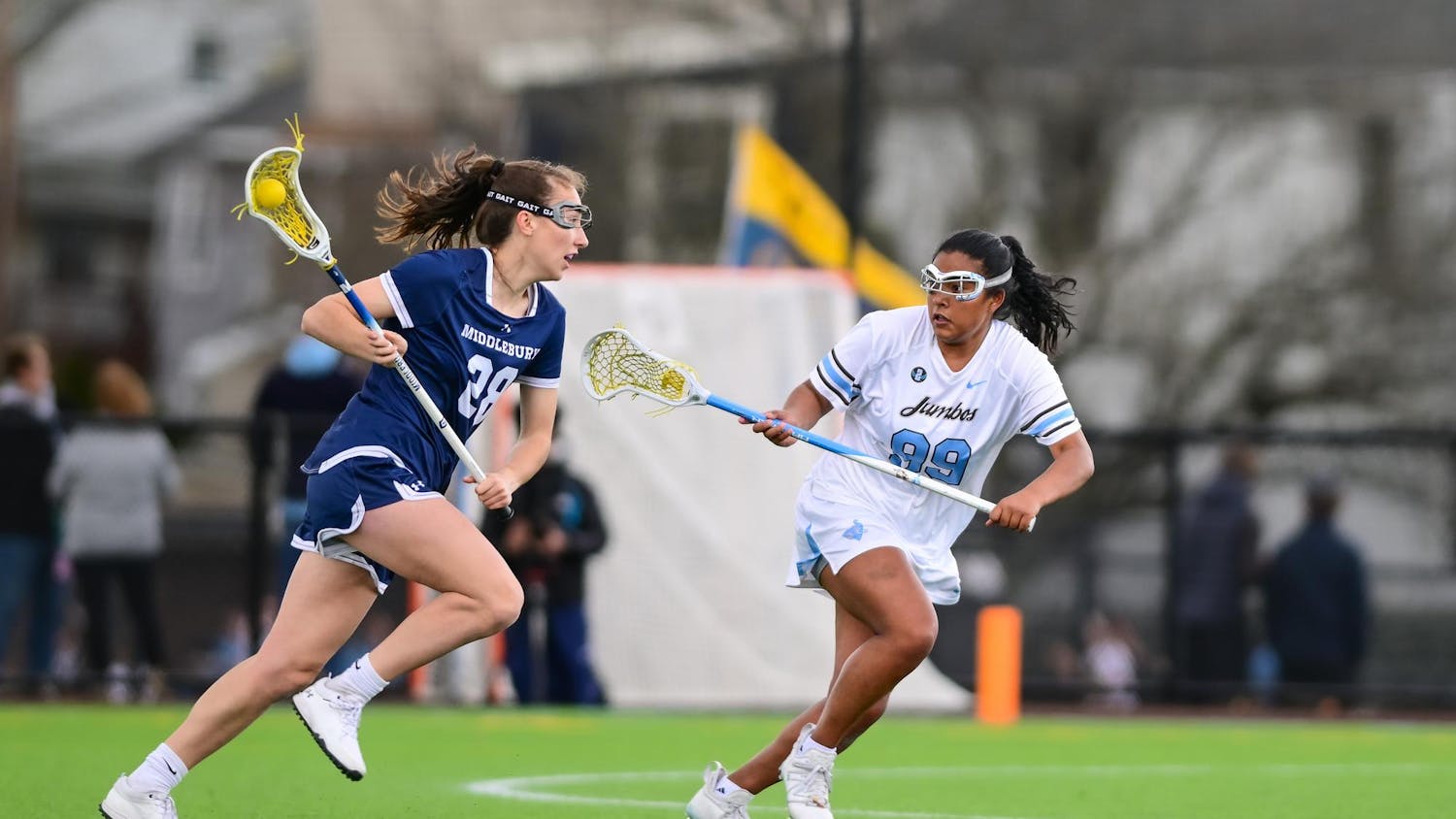Even after one of the best seasons in recent memory, the National Basketball Association's labor tensions threatened the entire 2011−12 campaign as recently as last week, after the players' union disbanded and commissioner David Stern declared that the league had entered a nuclear winter.
However, faced with billions of dollars in lost revenue and the chance of permanently hurting its relationship with fans, the league and the union finally struck a handshake agreement that will allow a truncated season to begin on Dec. 25.
The negotiations, which lasted over a year and a half, seemed to break down for good on Nov. 14, when both sides threw up their respective hands and seemed content to let the situation play out in federal courts. The players felt particularly aggrieved, as they were set to take a significant pay cut to just 50 percent of the league's Basketball Related Income — down from 57 percent under the previous deal — as well as give in to the owners on many of the so−called "system issues" including the salary cap, the length of player deals and "Larry Bird" rights.
The owners, meanwhile, claimed that the league was unprofitable as constituted and declared their intention to hold out for the best deal possible. Under that backdrop, there were widespread predictions in the media, and even from Stern, that the entire season would be lost — marking the first time since the 2004 NHL lockout that a whole year of a major North American sport would be lost to a work stoppage.
But in the end, cooler heads prevailed, and the agreement reached early Saturday will allow for only a slightly shortened schedule of 66 games. While the original schedule will have to be shuffled and many details still must be worked out, the overwhelming feeling following the deal was relief, as the two sides came together on many of the major issues that had held up the negotiations for 18 months.
Specifically, the split of league revenues for the players will be approximately 50 percent — a win for the owners who claimed that current system was unsustainable for most of the teams. However, the players negotiated a continuation of the soft salary cap system, meaning that teams can still pay big money to free agents in some cases, even when it would lift them over the league's payroll ceiling.
That victory for the players was coupled with the preservation of two structures that were some of the worst sticking points to a new deal: sign−and−trade agreements and the so−called "mid−level exceptions." Essentially, under the new system, various exemptions to the salary cap rules will still be in place, preserving the market for superstars like LeBron James who want to sign extremely lucrative contracts with new teams in an attempt to form a championship contender.
But the players' few victories did not come without significant concessions, as the owners consummated a deal that will help bring parity to a league that has seen only eight different champions since the 1984 NBA Finals. One of the owners' chief concerns was the dominance of the big−market teams over their small−market counterparts, and a new revenue sharing system will help stem the tide of teams like the Los Angeles Lakers, who use their large profits to acquire players like Pau Gasol and Ron Artest from smaller market clubs.
Additionally, a new, almost unparalleled concept will be introduced under the new CBA: the "amnesty" clause. Now, teams will be able to cut one player from their roster and not have that player's salary count against the cap. Although teams will still have to pay the "amnestied" players, the rule will permit them to get rid of older players signed to overpriced contracts that weigh down rosters by preventing teams from adding free agent reinforcements.
With all the different clauses and cap maneuvers, the actual effects of the new deal may not be fully understood for at least a season. What is certain is that the next month will be one of the most chaotic in league history, as teams must quickly sign free agents and hold hurried training camps to ready their players by Christmas. Those camps are expected to begin on Dec. 9.
No matter how challenging the rushed off−season will be, both the players and the owners will be thankful that they still have a business to pursue, and that they avoided the dire consequences of one of the worst sports labor disputes in recent memory.





